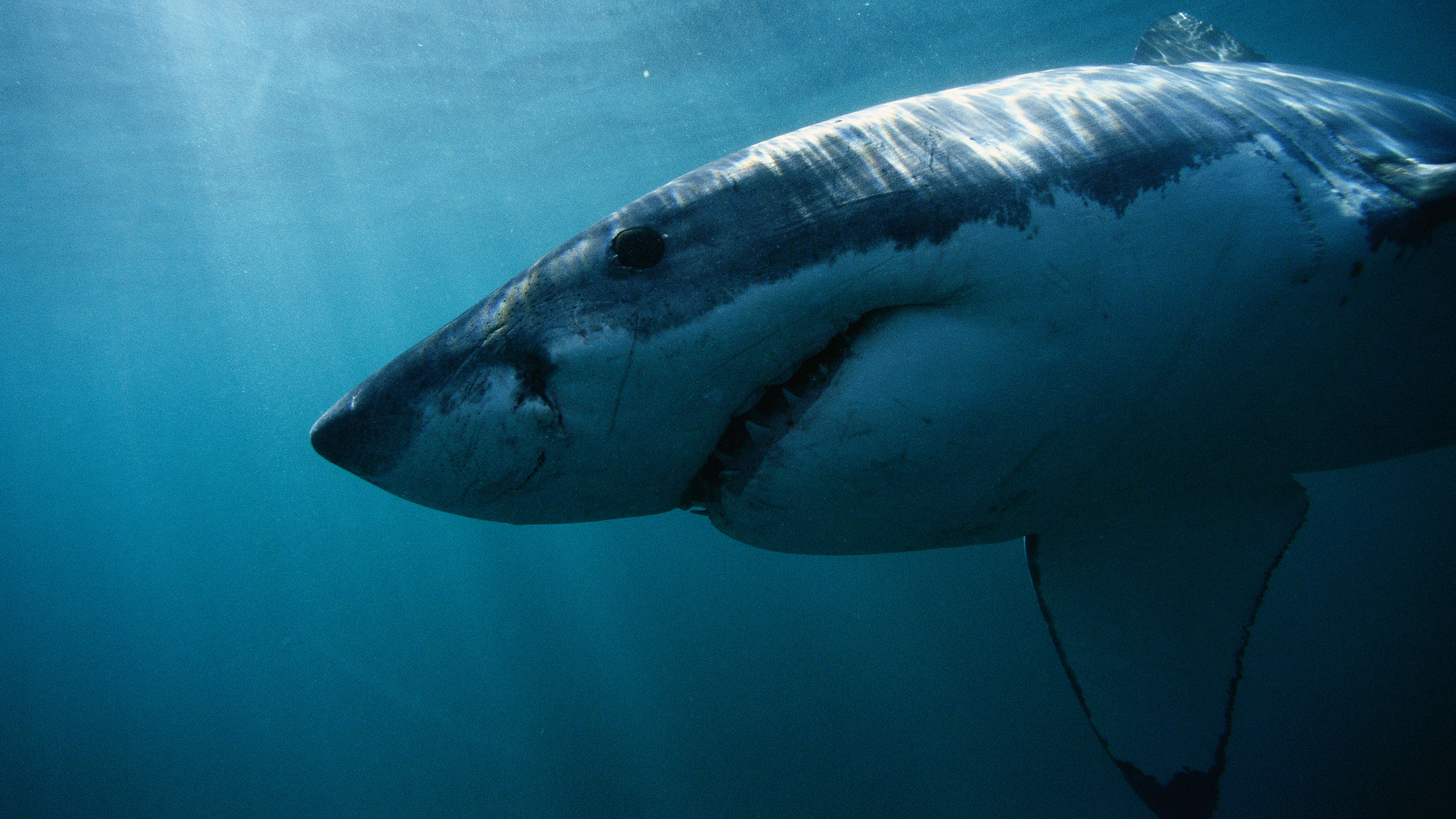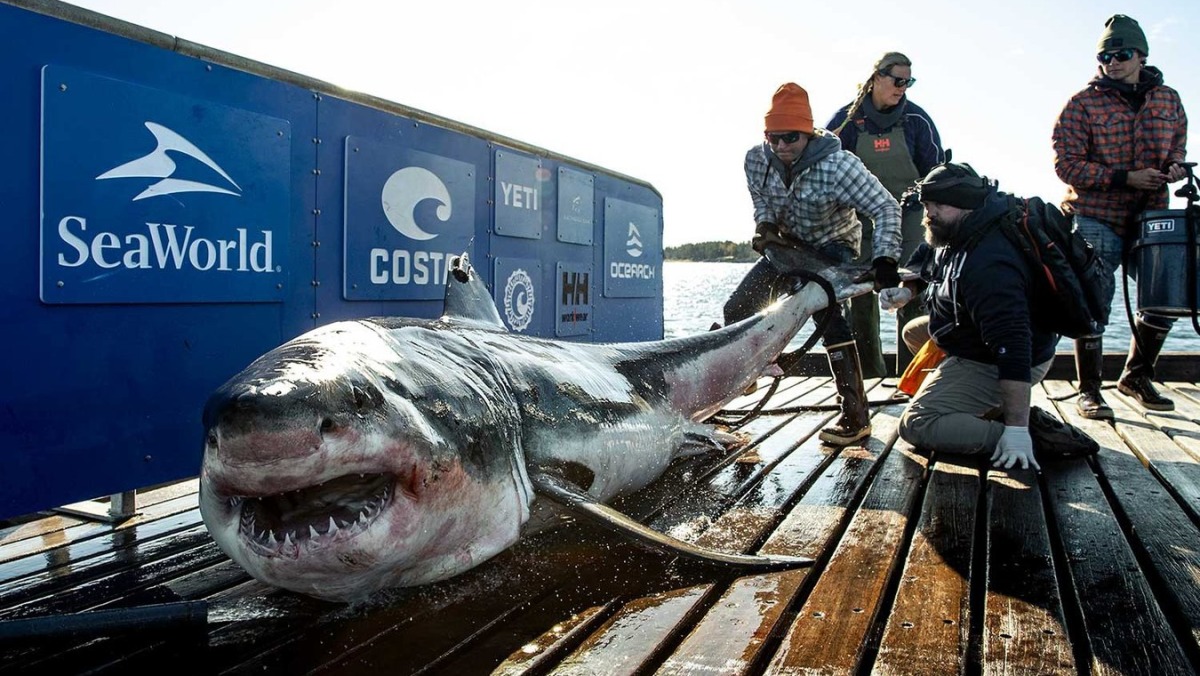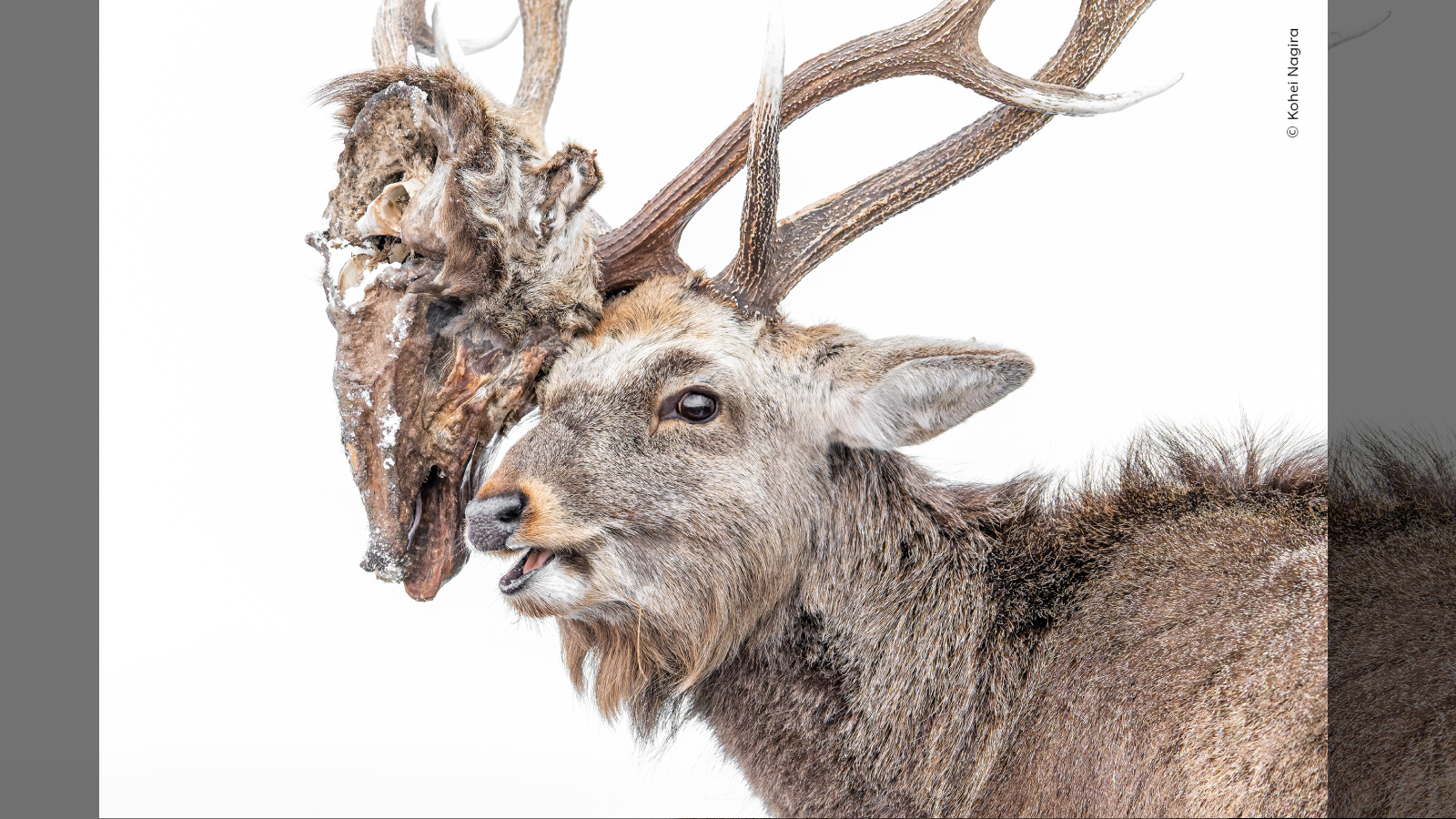A 1,000-pound great white shark just spotted off coast of New Jersey
The predatory fish, nicknamed 'Ironbound', is on his way north to Canada.

Get the world’s most fascinating discoveries delivered straight to your inbox.
You are now subscribed
Your newsletter sign-up was successful
Want to add more newsletters?

Delivered Daily
Daily Newsletter
Sign up for the latest discoveries, groundbreaking research and fascinating breakthroughs that impact you and the wider world direct to your inbox.

Once a week
Life's Little Mysteries
Feed your curiosity with an exclusive mystery every week, solved with science and delivered direct to your inbox before it's seen anywhere else.

Once a week
How It Works
Sign up to our free science & technology newsletter for your weekly fix of fascinating articles, quick quizzes, amazing images, and more

Delivered daily
Space.com Newsletter
Breaking space news, the latest updates on rocket launches, skywatching events and more!

Once a month
Watch This Space
Sign up to our monthly entertainment newsletter to keep up with all our coverage of the latest sci-fi and space movies, tv shows, games and books.

Once a week
Night Sky This Week
Discover this week's must-see night sky events, moon phases, and stunning astrophotos. Sign up for our skywatching newsletter and explore the universe with us!
Join the club
Get full access to premium articles, exclusive features and a growing list of member rewards.
A 1,000-pound (453 kilograms) migrating great white shark surfaced off the coast of New Jersey April 28 while seeking rich fishing grounds farther north.
Researchers nicknamed the shark "Ironbound" when he was first caught and tagged in 2019, as he was found near West Ironbound Island near Lunenburg, Nova Scotia. The 12.4-foot-long (3.7 meters) shark migrating when he showed up on satellite.
"Mating season is over, we think, and Ironbound is on his way north to get into some good feeding ground and bulk up again for the next year," Bob Hueter, chief scientist at the nonprofit Ocearch, told CNN about the find.
Ocearch tags and tracks great white sharks (Carcharodon carcharias) in a bid to better understand their elusive migrations. A harmless device, called a SPOT tag, is attached to the dorsal fin and relays the shark's location to a global positioning device (GPS) satellite. The tag is designed to fall off after a few years.
The trackers have a bit of an error margin, meaning that the shark's precise location might be off by quite a few feet or meters when they surface within range of a GPS satellite.
"That error bar can be the difference between one side of Long Island and the other," George Burgess, a marine biologist and director emeritus of the Florida Program for Shark Research at the Florida Museum of Natural History, told Live Science in 2019.
Hueter told CNN that Ocearch has tagged great white sharks as long as 17.5 feet (5 m) and as heavy as 4,000 pounds (1,814 kg), meaning Ironbound is of modest size.
Get the world’s most fascinating discoveries delivered straight to your inbox.
Ironbound has traveled an estimated 13,000 miles (20,921 kilometers) since he was first tagged. Most recently, he was spotted May 3, according to Ocearch data, when the adult male was much farther out in the Atlantic Ocean, due east of Philadelphia.
Great whites are famous among the public due to their appearance in movies such as "Jaws" (1975) and Sharknado (2013), along with those franchise's sequels. That said, their behavior is nowhere near how the movies portray them.
"White sharks are often portrayed as 'mindless killers' and 'fond of human flesh." However, this does not seem to be the case; we just look like their food," Laura Ryan, a postdoctoral researcher at Macquarie University in Australia, previously told Live Science.
They migrate for food and breeding, and researchers have recorded them in temperate and tropical oceans around the world; they often appear off the coasts of countries such as the U.S., Australia and South Africa.
Great white sharks are vulnerable to extinction and have a decreasing population, according to a 2018 assessment by the International Union for Conservation of Nature (IUCN). While the sharks are not technically endangered, they are at risk of acquiring that status due to human threats such as overfishing.
Follow Elizabeth Howell on Twitter @howellspace.

Elizabeth Howell was staff reporter at Space.com between 2022 and 2024 and a regular contributor to Live Science and Space.com between 2012 and 2022. Elizabeth's reporting includes multiple exclusives with the White House, speaking several times with the International Space Station, witnessing five human spaceflight launches on two continents, flying parabolic, working inside a spacesuit, and participating in a simulated Mars mission. Her latest book, "Why Am I Taller?" (ECW Press, 2022) is co-written with astronaut Dave Williams.
 Live Science Plus
Live Science Plus






